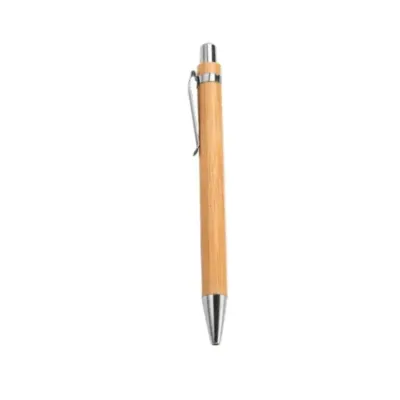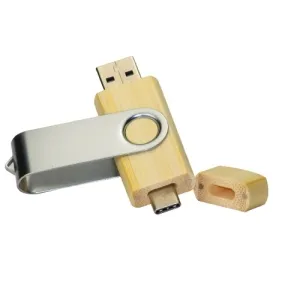Branding Beyond Borders: Promotional Products in Global Business
Title: **Branding Beyond Borders: Promotional Products in Global Business**
Ramadan, a sacred month in Islam, not only holds spiritual significance but also serves as a time for reflection and communal celebration. In recent times, there has been a global awakening to the environmental impact of festive celebrations, prompting a collective desire to integrate sustainability into various cultural practices. This essay explores the notion of an "Eco-Friendly Ramadan" and delves into sustainable gift options that resonate with the principles of environmental stewardship, offering a holistic approach to a greener and more mindful celebration.
**1. The Significance of Eco-Friendly Practices in Ramadan:**
Ramadan, with its focus on humility, gratitude, and compassion, encourages Muslims to extend their care beyond personal boundaries. Embracing eco-friendly practices during this sacred month aligns seamlessly with the Islamic principle of stewardship – the responsibility to care for and protect the Earth. By acknowledging the interconnectedness of all living things, Muslims can channel their spirituality into tangible actions that contribute to the well-being of the planet. Additionally, as Ramadan emphasizes self-discipline and moderation, adopting sustainable practices becomes a natural extension of these values, fostering a more intentional and eco-conscious lifestyle.
**2. Sustainable Gift Options:**
Choosing sustainable gifts is a powerful way to weave environmental consciousness into the fabric of Ramadan celebrations. Reusable items, such as stainless steel water bottles or bamboo utensils, not only serve practical purposes but also encourage a shift away from single-use plastics. Opting for organic and fair trade products amplifies the spirit of generosity by supporting ethical practices and ensuring that the gifts positively impact both producers and the environment. Plant-based products, from bamboo homeware to organic cotton clothing, embody a commitment to reducing one's ecological footprint, aligning with the principles of simplicity and respect for the Earth. Furthermore, handmade and DIY gifts not only showcase personal creativity but also contribute to a culture of sustainability by reducing reliance on mass-produced items.
**3. Encouraging Green Practices within Communities:**
Communities play a central role in shaping individual behaviors and practices. Encouraging green initiatives within communal spaces fosters a sense of shared responsibility. Establishing community gardens during Ramadan not only promotes sustainable agriculture but also strengthens community bonds through shared cultivation efforts. Additionally, waste reduction initiatives, such as composting workshops or recycling drives, create a collective consciousness about the environmental impact of consumption patterns. By engaging in these initiatives, communities can create a ripple effect, inspiring individuals to adopt eco-friendly practices beyond the confines of Ramadan.
**4. Educational Campaigns on Eco-Friendly Ramadan:**
Knowledge and awareness form the foundation for sustainable change. Hosting informative workshops or webinars that delve into the environmental impact of traditional Ramadan practices empowers individuals with the information needed to make conscious choices. These educational initiatives can explore practical tips for incorporating sustainability into daily routines, offering actionable steps for reducing waste and embracing eco-friendly alternatives. Social media platforms serve as powerful tools for disseminating information and inspiring a broader audience. Utilizing these platforms for impactful storytelling, sharing success stories, and offering accessible tips amplifies the reach of educational campaigns, fostering a community-wide commitment to an Eco-Friendly Ramadan.
An Eco-Friendly Ramadan is not just a celebration; it's a conscientious choice to align cultural practices with values of environmental stewardship. Sustainable gift options, community initiatives, and educational campaigns collectively contribute to a celebration that resonates with the principles of simplicity, gratitude, and interconnectedness – values central to both Ramadan and environmental sustainability. As Muslims worldwide embark on this month of reflection and generosity, the incorporation of eco-friendly practices becomes a testament to the harmonious coexistence of faith, community, and a shared responsibility for the well-being of the planet.
Spotlight on Trending Promo Gear
Browse the most popular and trending Corporate Gifts






















